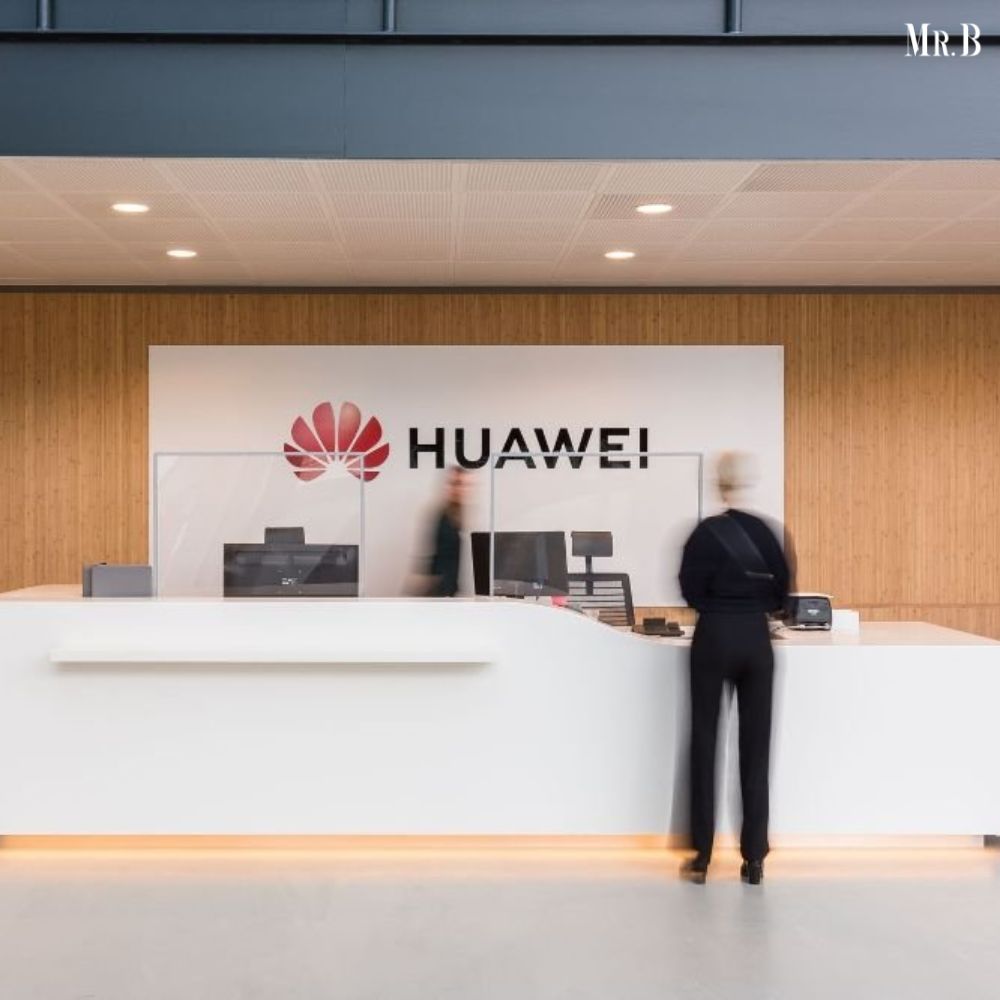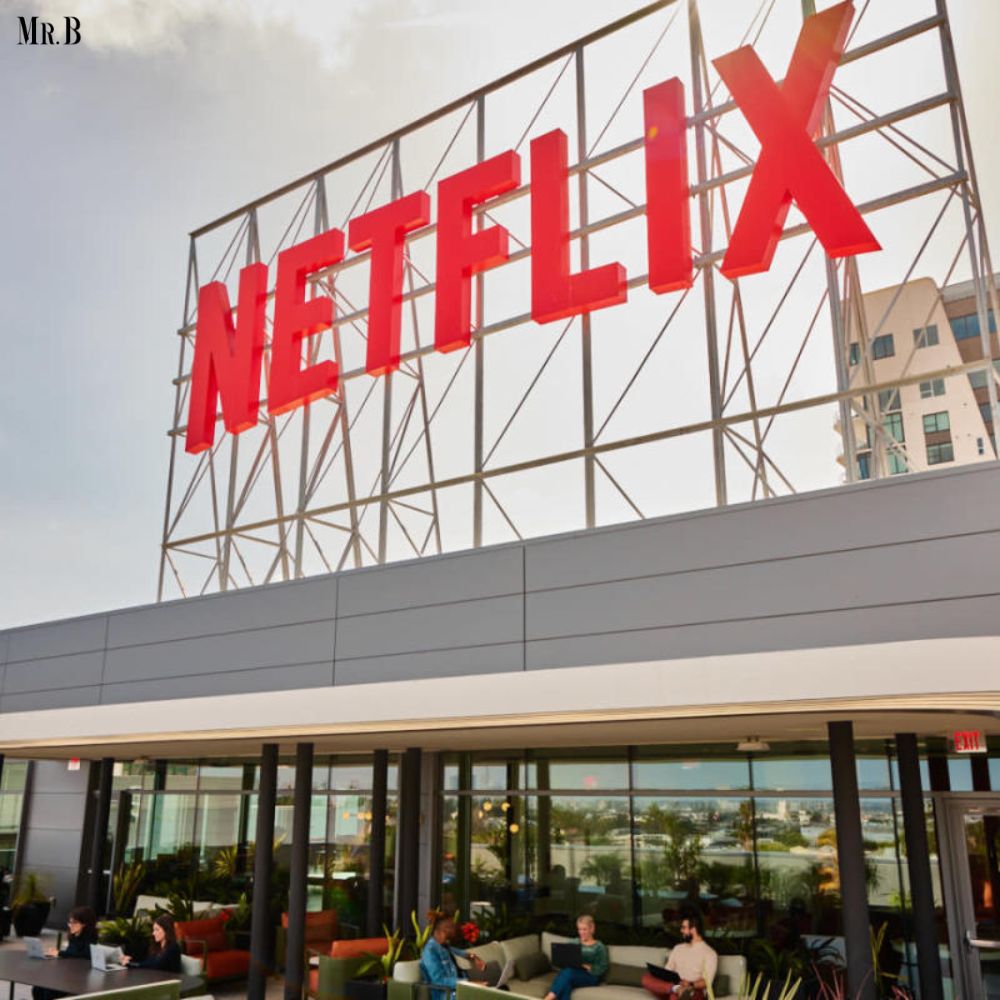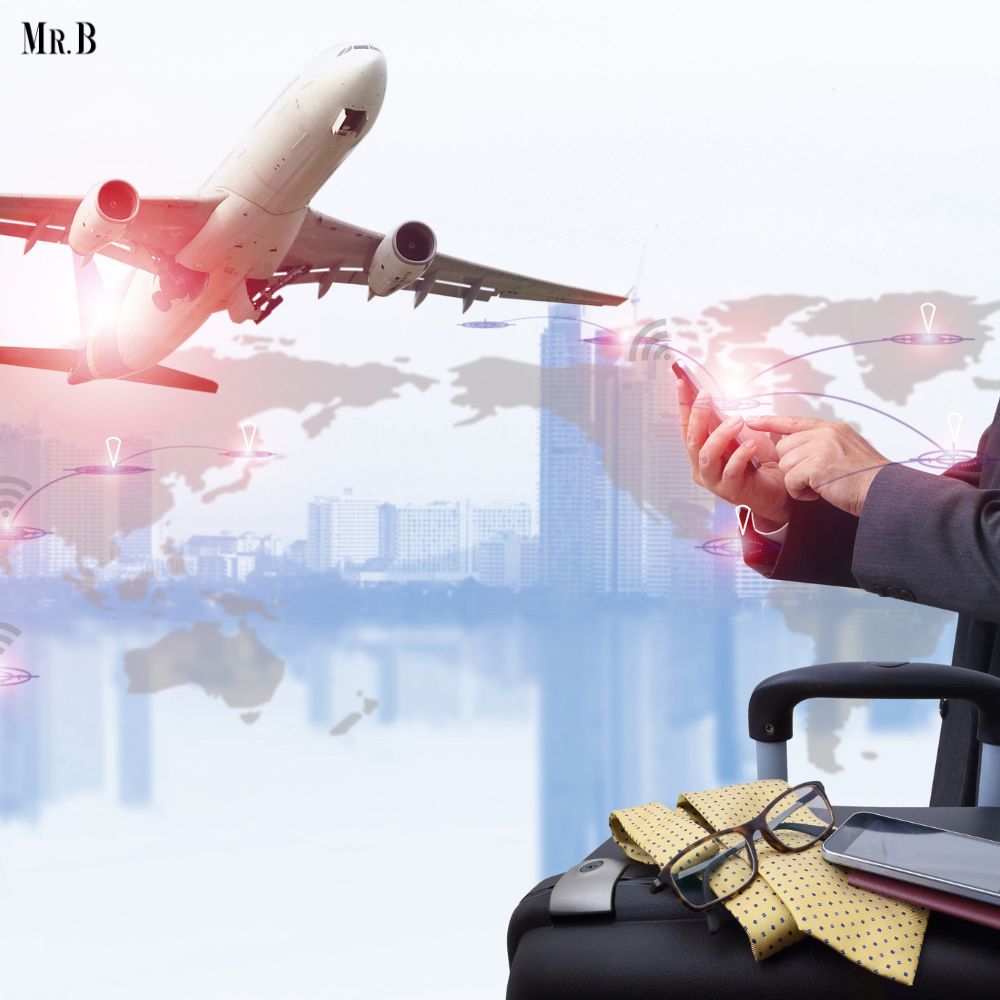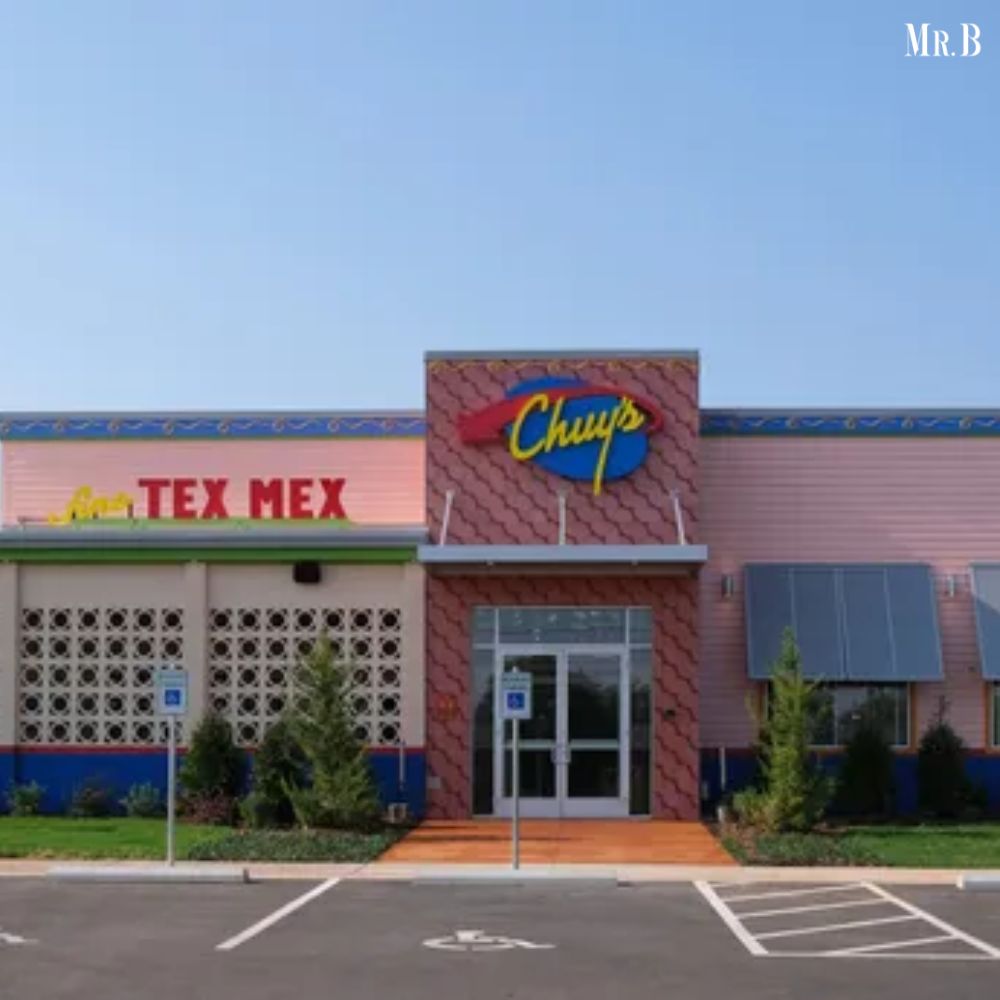Judge demands GM’s Cruise to clarify potential fine for deceiving regulators.
- Category: News

A California administrative law judge has mandated that General Motors’ autonomous vehicle subsidiary, Cruise, must provide a compelling explanation for avoiding fines related to the alleged deception of California regulators concerning an October accident involving a Cruise robotaxi and a pedestrian. Cruise is required to submit a written response by December 18 and appear in court on February 6, potentially facing fines ranging from $500 to $100,000 if unsuccessful in presenting its case.
As reported by the Free Press, the incident occurred on October 2 in San Francisco, involving a Nissan Sentra colliding with a pedestrian, subsequently pushed into the path of an oncoming Cruise autonomous car. Despite braking, the Cruise vehicle traveled 20 feet at 7 mph to the curb, dragging the injured woman.
Cruise spokesman Erik Moser assured the Free Press of Cruise’s commitment to rebuilding trust with regulators and outlined an external review by law firm Quinn Emanuel to assess the company’s response to the incident. Moser did not disclose whether the review’s findings would be made public. General Motors spokesperson Faryl Ury emphasized GM’s dedication to independent safety reviews and Cruise’s focus on trust, accountability, and transparency.
General Motors’s Concerns are Addressed:
General Motors CEO Mary Barra recently announced reduced spending in Cruise for 2024 compared to 2023 and emphasized transparency in handling the safety review and incident examination, expected to conclude by early next year. Barra expressed support for self-driving technology, highlighting lessons learned about transparency and regulatory cooperation from the incident. She anticipates determining the future course of Cruise based on the forthcoming reports.
Following Forbes’ report on the October 2nd incident, both the CPUC and the California DMV swiftly revoked Cruise’s operating permit, leading to an immediate cessation of its robotaxi operations in its primary market. This action, taken later in the same month, caused a significant setback for the company. On October 24, the DMV declared Cruise’s cars as “not safe for the public’s operation” and deemed them to pose an “unreasonable risk to the public.” In response, Cruise voluntarily halted all autonomous operations nationwide just two days later.
By early November, then-CEO Kyle Vogt, in an all-hands call leaked to Forbes, announced imminent layoffs. However, before the month concluded, both Vogt and co-founder Dan Kan resigned from Cruise.
In a recent update, GM’s CEO, Mary Barra, informed investors that the parent company would substantially reduce spending on Cruise in 2024 compared to the current year.







